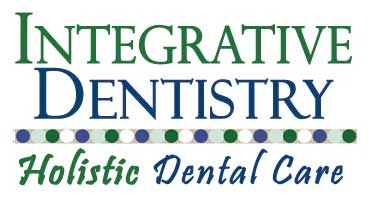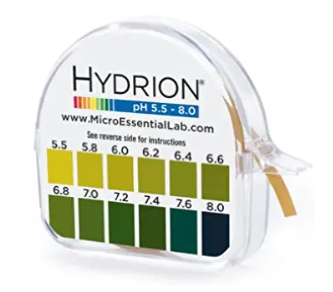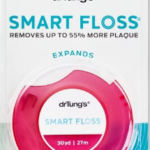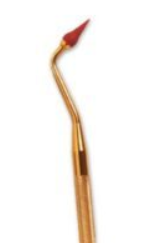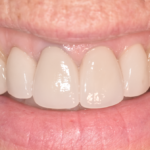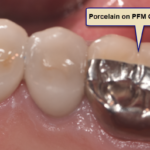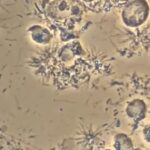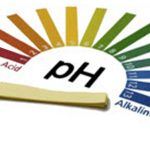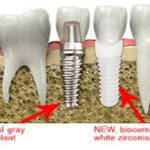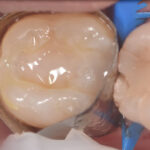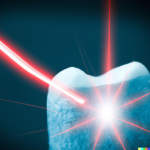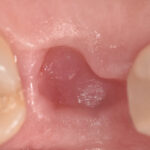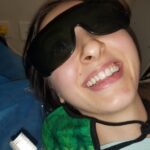I wanted to get out some DIY ways that my subscribers and patients can use to meet the challenge of the Coronavirus. So, over the next couple of weeks I will be posting tips and guidance on what you can do on your own to maintain and improve the health of not only your mouth, but your entire body.
The current guidance in dentistry from the CDA, the ADA and CDC is to eliminate all non essential services. What this means specifically was explained in more detail in my last blog post: How Dentistry Can Meet the Challenge of the Coronavirus.
One of the services dentists in California have had to eliminate is teeth cleanings. This includes all routine recall appointments. While this is not a big problem short term, long term it’s an issue. The gums and the mucosal lining of the mouth is exposed to the outside world and susceptible to microbial growth and infections. If you don’t get cleanings done on a regular basis, then these microbes make a home around your teeth and under your gums, creating constant inflammation. These microbes can also gain access to the rest of your body, because bleeding or ‘leaky’ gums can give aggressive microbes access to your bloodstream.
Why This is Important. With Covid 19, as with any infection, the goal is to maintain a healthy immune system and to lower systemic inflammation. If your body is fighting other bacteria and infections, including in your mouth and gut, then your immune system is already overtaxed. It takes a lot of energy for your body to fight these infections 24/7, which is what happens with gum disease.
So its important to your support gum and tooth health and keep your gums from getting red and inflamed or allowing them to bleed.
How to keep your gums from getting inflamed. I have an oral hygiene sheet in my practice that I give to most patients; certainly those that have bleeding gums and pockets. However, during this uncertain time, until we can see you again for your next cleaning, I would recommend everyone follow these guidelines.
Therefore, what I am doing is sending my Oral Hygiene Sheet to all my patients, so those who never got one or may have misplaced it can review it again. I am also going to send this out to my blog subscribers, because most of you have not seen this before.
So, check your inbox for this important DIY way of keeping your mouth healthy, until the statewide guidelines change.
The Basic Things Everyone Should be Doing. To summarize, the following are the most important things you can do at home to keep your mouth healthy:
Use Baking Soda – The easiest way to use baking soda is once a day pick some up with a wet tooth brush and massage it along your gum line. Don’t be too aggressive as it is abrasive. I recommend that you do this after your brush your teeth as you have always done. Then spit out the excess.

Floss Every Day – Floss at least once a day. Usually this is best at night after you have eaten your last meal for the day. My favorite floss is one that stretches and frays as you floss, made by Dr Tungs.
Use a Rubber Tip – Use a rubber tip to wipe the plaque off along your gum line that otherwise sticks and is hard to remove. If you are not my patient, or have forgotten how to do this, I will post a video showing the technique. Give me a couple of weeks to send this out, as I am extremely busy right now handling patients that need immediate care.
In a nutshell, I have made bicarbonate or baking soda a staple for everyone’s dental health because it kills even the most aggressive spirochetes and amoeba. These are microbes not fully killed by anything else including antibiotics. If you have never seen one of my microscope videos demonstrating the effectiveness in killing these aggressive and destructive microbes you can see it here.
Other DIY things I recommend for oral health:
Oil Pulling. An ancient Ayurvedic practice adapted for dental health and wellness. Best done first thing in the morning before brushing. Oil pulling works by emulsifying and oxygenating to teeth and gums making it harder for bacteria and other microbes to stick to the teeth and colonize.
Recommendations: Use 1-2 tbs. organic oil. Coconut oil is good to use because it also has anti-microbial properties (another choice is organic, cold pressed sesame oil). You can also add one or two drops of organic oregano oil for its natural antibiotic properties. Other oils to add to your carrier oil at different times are: myrrh to tonify the gums, coriander or cilantro for heavy metal detox, tea tree oil (melaleuca), because it also creates a surface where plaque is less likely to adhere. Make sure you use more of the base oil when adding these other, stronger oils so you don’t burn your mouth!
Directions: Swish through teeth for 3-5 minutes. Do not swallow. The oil will mix with the saliva in your mouth – and the enzymes within the saliva – until it is watery.
Spit into a cup or other receptacle, not into the sink or toilet as the oil will start to build up and clog the drain. Rinse and gargle with warm salt water or Tooth and Gum mouthwash. Spit out completely
Essential Oils – Essential oils are a great and therapeutic way of maintaining your oral health and fighting viruses and bacteria of all kinds. Here is a summary of a few of our favorites:
On Guard by Doterra or Thieves by Young Living. The story behind Thieves is that perfumers turned grave diggers used this blend during the Black Plague in Europe to resist getting infected. On Guard has clove oil added to it, which is anti-inflammatory and antimicrobial as well. We have Doterra products in the practice if you are interested. Add a 1-2 drops to 1-2 tbs of coconut oil and follow the instructions for oil pulling, above.
Oregano Oil. Oregano oil is a well known antioxidant that you can also gargle with. It fights bacteria and fungi, helps gut health and may help with inflammation as mentioned above. Just make sure it’s of high enough quality to put in your mouth. If you use it as a mouth rinse, use only a drop or two mixed with enough water to make sure it’s not too strong.
Myrrh Oil. Myrrh has long been used to promote healthy gums. This is another good choice to add a drop or two to your carrier oil for oil pulling.
Ravensara is a lesser know oil that has antiseptic, antibacterial, and antiviral properties. We are researching this and will post more about its potential later.
Wild Orange This oil supports the immune system, reduce inflammation and can uplift mood.
Essential oils can also be put in a diffuser to add aromatherapy benefits to the air. Also, a drop or two of relaxing oils like lavender or sandalwood on the bottom of the feet can support a restful night’s sleep. There are many ways to benefit from the great variety of essential oils available.
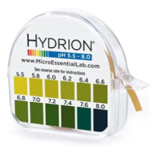 pH Paper – pH paper is a great way of quickly checking the alkaline/acid balance in your mouth. Simply tear off a small strip wet it on your tongue and wait a few seconds for the color to change. There is a handy color chart which tells you what your pH level is. Ideally you want a 7.0 pH for your saliva. If it’s 5.5 that’s too acid. If it’s 8 or above that’s too alkaline.
pH Paper – pH paper is a great way of quickly checking the alkaline/acid balance in your mouth. Simply tear off a small strip wet it on your tongue and wait a few seconds for the color to change. There is a handy color chart which tells you what your pH level is. Ideally you want a 7.0 pH for your saliva. If it’s 5.5 that’s too acid. If it’s 8 or above that’s too alkaline.
You can get it through Amazon if you search for Hydrion pH paper. It’s currently $7.55. You can also check with your local health food store.
Please check out frequently for other tips on how to maintain your health during these uncertain times. What we do everyday makes a difference in how well we can fight off infections and opportunistic viruses like the coronavirus, Covid 19.
We hope that you are all well and are taking care of yourselves. Don’t hesitate to reach out to us if we can help in any way. We look forward to hearing from you or reading your comments. In the meantime Stay Healthy!
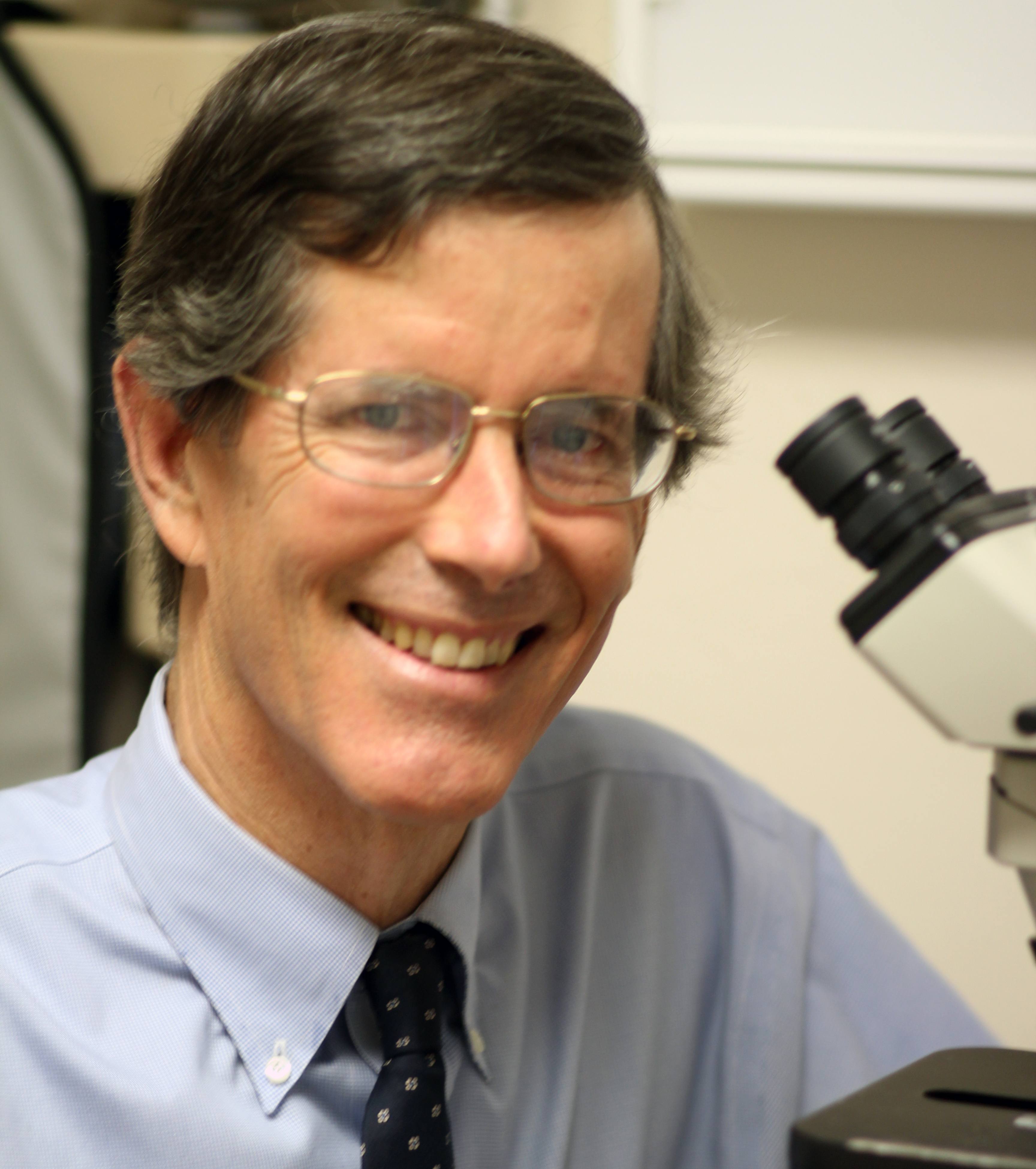
Carey O’Rielly DDS has been a practicing dentist for 35 years. He went to USC Dental School and Duke University for his undergraduate degree. He grew up in Laguna Beach and now lives in La Costa with his wife Victoria, who runs his office.
He began his career by owning and operating a network of six offices in the San Francisco Bay Area. Presently he owns a private holistic practice in North County San Diego’s Encinitas.
Dr. O started looking for solutions to his health challenges that resulted from the stress and environmental toxicity that built up over a ten year period running his dental network. He has dedicated himself to learning about oral systemic problems and how dentistry can affect your health. He has applied what he has learned over the last twenty years to ensure he, his staff and his patients are protected from the chemicals and toxic materials found in most dental offices. He has produced an environmentally friendly office that is also peaceful and calm.
He is an expert on dental materials having looked at hundreds of biocompatibility lab tests over the years. He has identified the most bio-friendly materials to use in his practice and which dental materials can be used to replace metal fillings and crowns, including BPA free and fluoride free ‘white’ fillings. He also uses metal-free Zirconia or ceramic implants and PRF (platelet-rich fibrin) grafting materials which come from the patient’s own blood.
Dr. O’Rielly teaches C.E. courses on the systemic effects of gum disease. He is an expert in using phase contrast microscopy for analyzing dental infections, where he shows patients what kind of microbes, i.e. bacteria, amoeba, and yeasts like candida are populating the mouth and affecting the body as a whole.
He has an educational blog and is writing a book on dental health called ‘Hidden Dental Infections: Healing Root Canals and Infected Teeth with the Erbium Laser’ where he discusses dental nutrition, toxic dental materials and the effects of old root canals on inflammation and overall health.
